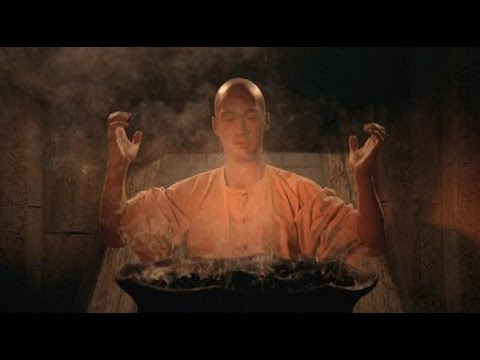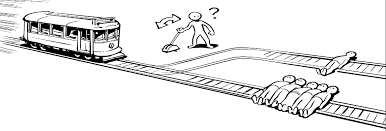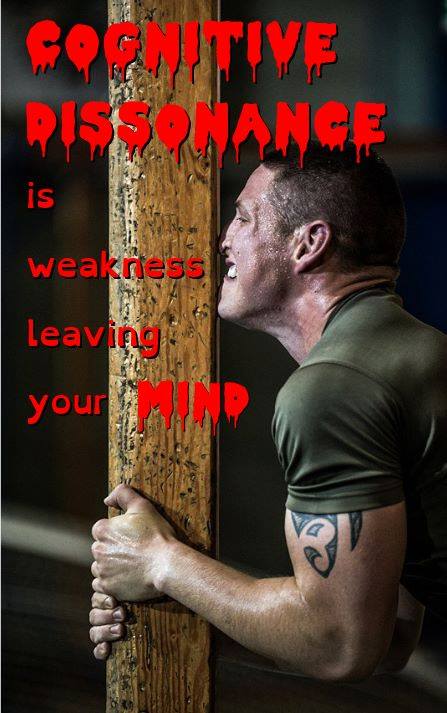We are all in love with decentralized social topology, aren't we. But to make society reasonably decentralized, we need to remodel more than one level of it. I would like to bounce around some thoughts that may help establish a multilayer model of decentralized society.
::: Longwinded
- Assumptions.
1.1. I use communications as an example of social activity that is a key to all other processes.
1.2. I assume that a decentralized network of heterogeneous communities is a good model for human society that we need now, as the all-crisis unfolds and neither democracy nor (even less) capitalism can offer any constructive approach.
1.3. I assume that the minimal provisions for an individual must include the right to participate in more than one community at the same time, the right to opt-out peacefully at any moment and the right to form a community (and participate in the network) on an equal basis.
- Layers
2.1. "Fediverse".
What we now see as fediverse is an implementation of communications pattern, where instances of various services can be associated with specific communities and their local users considered community members. Federation protocol provides a routine way to regulate interactions with other communities.
2.2. "Community Intranet".
To control their collective memory, their policies/rituals and their boundaries, communities need to have control over the physical infrastructure of their "village intranet". It applies mostly to "natural" (local) communities, while "virtual" ones may need a trusted and neutral virtual hosting environment. The control should not, however, influence individual participation in remote communities.
2.3. "NetCommons".
To keep the information flowing, society needs a non-owned, collectively managed transmission backbone. We can draw analogies with watershed management that is a known example of advantages and shortages of the commons approach.
2.4. "Platform Cooperatives".
Economic (and, effectively, political) control of the means of production is a key to stability of the ecosystem. Thus, decentralized ecosystem of user cooperatives provides cohesion to the whole multilayered model. Every user becomes a member of the co-op(s) operating their community(ies) infrastructure. Community co-ops then form the "NetCoooperative", managing and maintaining the backbone systems and providing support, R&D and exception handling to communities in need.
- Essential question is, whether such a model is comprehensive and complete enough to provide scaffolding for an attempt to implement proof-of-concept project.
Questions and comments welcome.
:::










Yes. Many years ago, I had a hot summer affair with Ayn Rand. Moaning with pleasure, I read "Atlas Shrugged" through (including 181-pages long programmatic monologue of John Galt). When I finished reading, I looked around, and said to myself, "No f... way!"
Historically, that was my turning point towards anarchism.